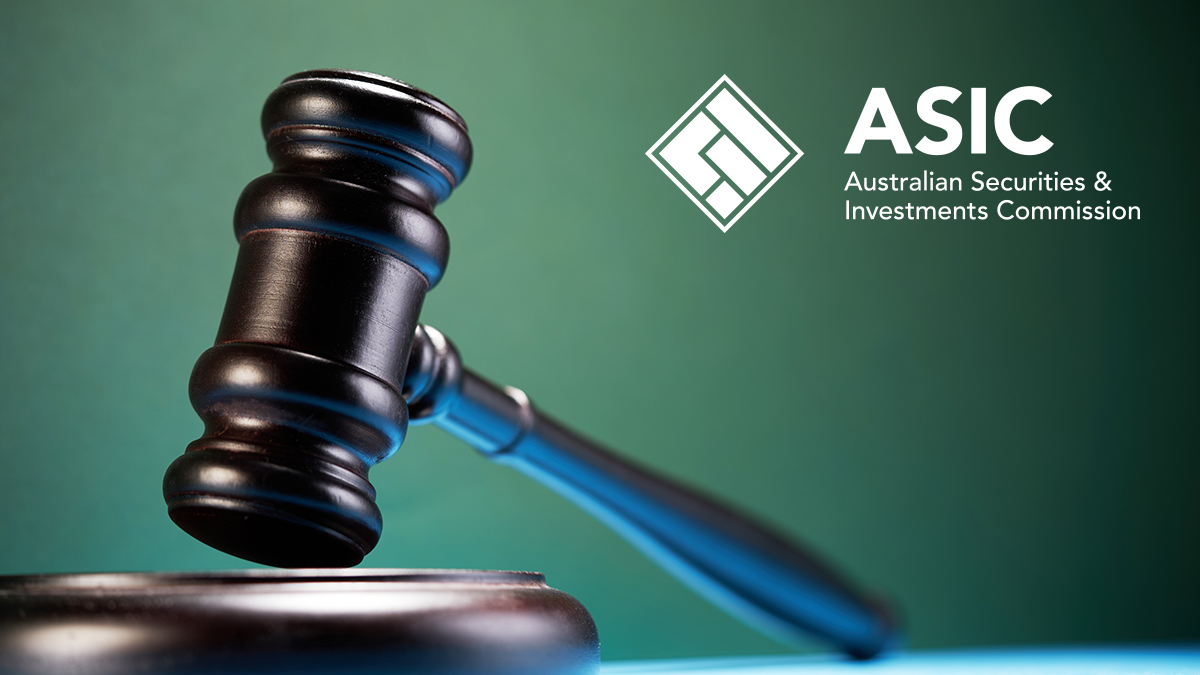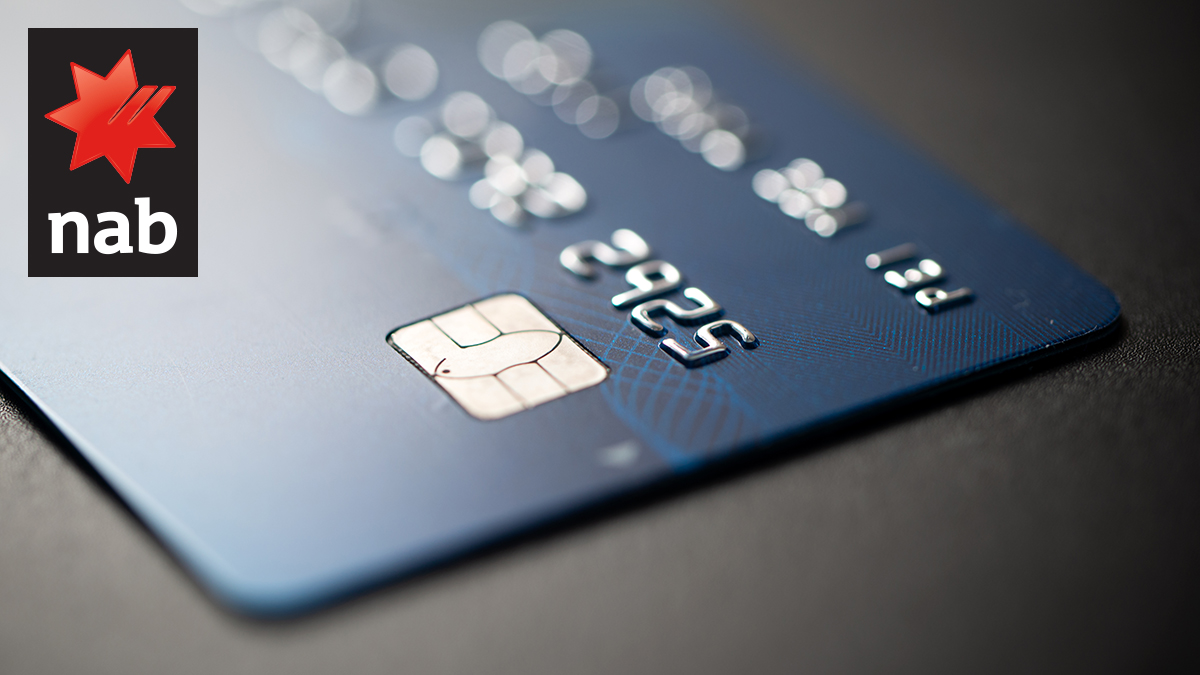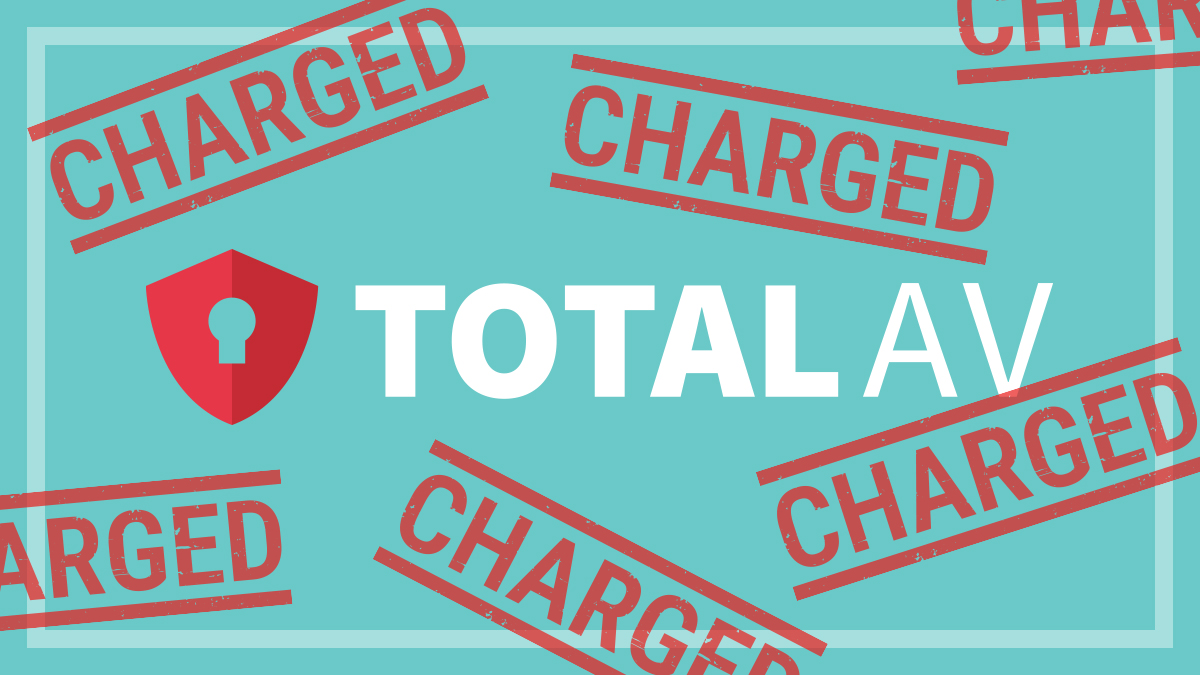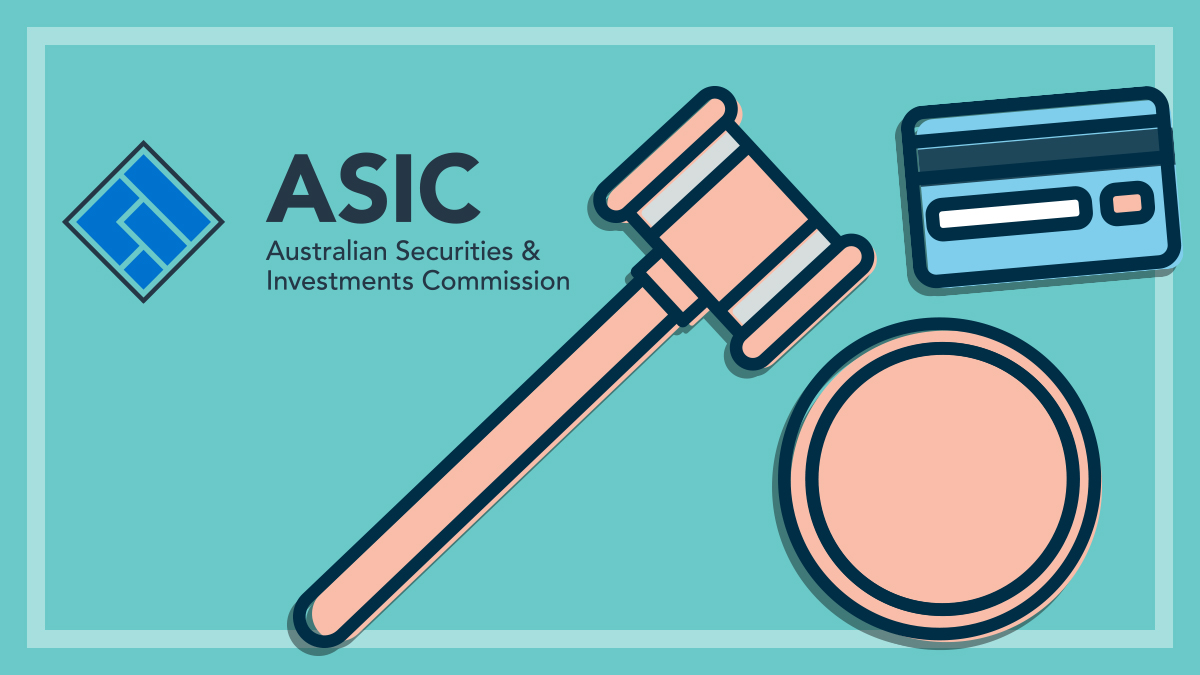Get our independent lab tests, expert reviews and honest advice.
What never-ending credit card debt is doing to Australians
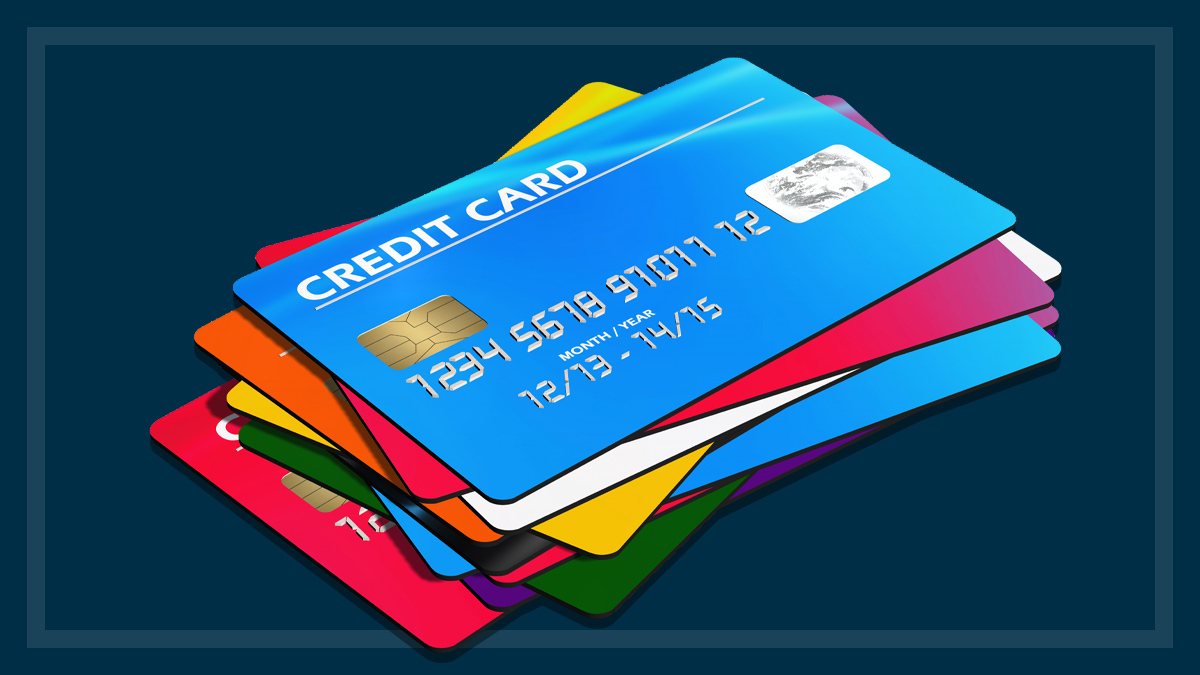
Need to know
- The people who spoke to us about their long-term credit card debt reveal the financial and emotional toll this debt can take
- No- or low-interest balance transfer offers often leave people with more debt than they started with
- CHOICE is calling on the banks to offer a six-month payment deferral on all credit products, with no additional interest charged on loans, among other measures
Early in April, Lody Stewart, a financial counsellor at the Financial Rights Legal Centre, took a call from a woman who was worried about her credit card debt. It was one of about 20 such calls she would take that week.
Maureen*, 84, had been making the minimum monthly repayments on two credit cards for as long as she could remember. One was a store card run by a multinational credit card provider, the other was with one of Australia’s leading banks. She hadn’t used either card in many years.
Recently, she started getting phone calls telling her she was late to pay. “It’s a horrible feeling,” she says. “Out of the blue, it all happens.”
One caller, from the multinational creditor, was “out of this world with the rudeness”, Maureen recalls. The caller told her if she didn’t make a repayment towards her $3000 debt, the company would take further action. Maureen said she would pay $300 when her age pension came in the following week, and she did.
Another caller, from the same lender, “just blew his top with me and I will admit that I hung up on him because I thought, I just don’t need this just now,” Maureen says.
It’s a horrible feeling… out of the blue, it all happens
Maureen, on getting calls from her creditor demanding repayments
She speaks fondly of her bank, which was “never nasty, ever”. She would often ring up and ask if she could make a smaller repayment, and the bank would say yes.
“I’ve never, ever found them to be harsh about a payment or anything,” she says. “They always speak to you and they would just try to work out how we can get around it, a bit.”
But the credit card had an interest rate of 20%, so Maureen’s repayments barely made a dent in her $4000 debt with the bank. She kept thinking: ‘I’ll be able to make a higher payment after the next pension comes in’. But her age pension already had to cover the costs of her rent, food and utility bills – she had no savings or valuable assets – and it was a struggle to afford two credit card bills on top.
Things got more difficult after the retirement village Maureen had lived in for almost 30 years was sold, with the planned refurbishment set to raise the rent beyond what she could afford. She lost track of her debt repayments.
“I couldn’t cope anymore,” Maureen says. She got a default notice from the bank. “Not a nice letter, of course,” she says. “But it did say that if I was having money problems, to contact a certain number. That was on their second page.”
It was the number for the National Debt Helpline, and she called it. It was Lody Stewart who picked up. One month on, Maureen tells me, over and over: “I was lucky. I was lucky to ring that number.”

‘You can’t see daylight at all’
Since 2017, when Stewart started work as a financial counsellor, she has spent a lot of time listening to people with credit card debt they’ve been trying to repay for years. She and the other financial counsellors at the legal centre field calls from more than 15,000 people a year, many of whom owe thousands of dollars on their credit cards.
Through her clients, Stewart has learnt a lot about how the pressures of paying off these debts can shape people’s lives. Many will tell her: it’s not that they don’t want to pay it back – they just can’t afford to.
Some clients, lured by the rewards and benefits that come with high interest cards, thought they would be able to repay the balance each month, then fell behind.
Others, like Maureen, have been diligently making repayments on cards they haven’t used for years, as the interest grows and the debt barely shrinks.
“You more or less think… if I keep paying the minimum payment, it might be okay,” Maureen says. “But it’s not, because the interest rate keeps coming and you can’t see daylight at all.”
Some people may have tried to pay off their debt by doing a balance transfer from one card to another, hoping to benefit from the promotional period when a lender charges no or low interest. On their websites, the major banks promote their balance transfer offers as something to “take advantage of” (ANZ and Westpac) – a way to “help you manage your credit card debt and give you some breathing space” (NAB).
But an ASIC report on credit card lending illustrates how easy it is to fall into the potential debt trap set by these offers. The 2018 report found most people don’t cancel their old card after transferring a balance, and many continue to use one or both cards.
It reveals that one in three people who do a single balance transfer end up with at least 10% more credit card debt by the time the promotional interest period finishes.
This is even more worrying for the one in six people whose debt grows by more than 50%. Again, this is just during the promotional period – after that, the big four banks charge interest rates of more than 20%.
For many of Stewart’s clients, debt – and the financial and psychological effects of being bound by it – has loomed over their lives for years.
“Usually, the client doesn’t reach out because they’re embarrassed and ashamed,” says Stewart. “That’s why, for all these years, [Maureen] kept trying to at least make the minimum repayment – which left her with nothing at the end of every fortnight.”
‘I felt very guilty’
The stigma of having credit card debt held Violet* back from seeking any support. “It’s not something I thought I could tell anyone because people might be like: Oh, you stupid girl,” she says. “So I was really trying to get through it by myself.”
Violet’s parents had suggested she get a credit card to establish a good credit score, though she didn’t know what that meant or how to go about it. Her bank sent a letter suggesting she get a credit card, too, and she trusted her bank. She was in year one when she opened a savings account with the Commonwealth Bank, through her school. At 18, she signed up for her first credit card with them. It was 2003.

When she was 21, Violet says, she had to leave her parents’ place. She used her credit card to pay for the rental bond, appliances and furniture, and to get by between freelance gigs. Eventually, she landed a full-time, fixed-term administrative role with the government, which meant she didn’t have to rely on credit.
Nine months later, she left that job early to care for her partner, who had depression and borderline personality disorder. Violet feared her partner would hurt themselves if she wasn’t around. She went back to doing odd jobs – freelance graphic design, mowing lawns – and used her card as a lifeline in between. Whenever the bank sent her offers in the mail to increase her credit limit, she accepted, and it eventually reached $8500. (Credit providers were only banned from making unsolicited offers to raise your credit limit from July 2018.)
It’s not something I thought I could tell anyone… so I was really trying to get through it by myself
Violet, on keeping her credit card debt a secret
By 2012, Violet was no longer a carer and she was, financially, in a better position. She was being charged interest rates of up to 20% on her credit card, so she decided to do a balance transfer to NAB, taking relief from the promotional interest rate to help pay it off. She planned to cancel the old card, but NAB only let her transfer about $6000 to the new one. Unable to transfer the entire balance, she kept the Commonwealth Bank card open.
From there, a series of unplanned house moves – prompted by relationships ending, a dispute with a landlord, and a decision to move interstate – left her deeper in debt. She was earning between $15,000 and $20,000 a year – less than half the minimum wage – and continued to use her credit cards to stay afloat.
By 2014, her debt had ballooned to more than $16,000, and stayed that high for years.
“For a really long time, I just worried about it a lot,” Violet says. “I felt very guilty. It’s a shameful feeling… I had to, basically, work on ways to not think about it all the time because I couldn’t do anything much about it.”
She stopped using the cards and tried to focus on paying them off. But sometimes, Violet couldn’t make the minimum payments. At other times, she met them but was left without any spare cash.
“I got to the point where I just had to trust that each day, I’d have what I needed in terms of money,” she says. Payments from freelance jobs came through just in time for her to take care of a bill, or get food for the day.
When she got a six-month work contract, Violet increased her repayments, but it seemed like there would be no end to the debt. The big relief came after her engagement to her partner.
“We were buying a car and I had to come out about it all,” she says. Her partner paid off the $8000 balance on the Commonwealth Bank card, and Violet plans to repay the other debt, which sits at $6000, using money she’s withdrawn from her superannuation through the government’s COVID-19 relief program.
Now, Violet says, she feels in control – although she had got used to the idea of being in debt for life. “I feel more comfortable just doing the monthly [repayment] on and on and on, forever, but it’s the right time to get rid of it,” she says.
‘No one’s immune’
Sandy Milne, the national manager of financial security at Good Shepherd, a charity that helps disadvantaged women and girls, stresses that credit cards have become normalised, across all groups in society, as a way for people to manage everyday costs. This doesn’t seem like a problem when they can afford to pay off their balance regularly, she says, but “we often find that what’s tipped people over the edge [and into debt] is… a change of circumstances”.
“What we’re already starting to see now with COVID disadvantage,” Milne says, “is an increase in people who have been using credit card debt and it’s been, largely, working for them, but now their income’s reduced… [they] can no longer pay”.
We often find that what’s tipped people over the edge [and into debt] is… a change of circumstances
Sandy Milne, national manager of financial security at charity Good Shepherd
Statistics from the Australian Financial Security Authority illuminate the ever-precarious nature of financial security. They show that although many Australians enter personal insolvency due to excessive spending on credit, more often people struggle to recover from chance events that set them back financially, such as job loss, the end of a relationship, or sickness.
It’s common for people to turn to credit cards when they’re in crisis.
“The bills just keep piling in. No one’s immune to that,” says Sonia Mete-Smith, a financial counsellor at Good Shepherd. “Clients will be staring at this tall stack of bills and an empty bank account or a low balance and they think they can solve their problems by borrowing money to pay those bills. But then, of course, that leads to more debt.”
Failures in compassion
If you are deeply in debt, you might plan to address it by making the biggest repayments you can, as often as you can. If you can gather enough money to pay a lump sum, you could even ask your lender for a reduced settlement. But you may find that you can’t afford either option, or even afford to make the minimum repayments, so you might ask instead for a repayment arrangement that you can afford.
For more than 10 years, Leslie* has helped people navigate options such as these. As a financial counsellor specialising in family violence, much of her work also involves securing debt waivers for her clients, so that debt they’ve accrued due to pressure from an abusive partner doesn’t follow them into the future. For survivors, this comes as a huge relief.
It’s a relief Leslie had long been waiting for in her own life. The bulk of the debt she had across three credit cards was the result of coercive control by her former husband.
“As soon as I’d pay some of the balance off, he’d be like: we need a new TV or we need an Xbox or we need this, we need that,” she says. “Once he got it into his mind that we were going to buy something, then he would constantly be showing me pictures, websites – constantly at me and at me and at me, until it was easier to give in.” He sexually and emotionally abused her, too.

Through it all, Leslie made sure the bills were paid and there was food on the table for their three children. She learnt how to be frugal and to budget. She always made the minimum payments on her credit cards, which she paid before buying anything else, and made larger repayments when she could.
Occasionally, she got letters in the mail from GE Consumer Finance (now Latitude Financial Services) offering to increase her credit limits. “That was like a red rag to a bull for my ex,” she says. The limits grew, and so did the debts.
This debt is an ongoing reminder of the control he had over me, and I am the one continuing to be punished by it
Leslie, on the debt accrued while she was with her former husband
Leslie started to feel the future closing in. “I could never see that I’d be able to retire if I stayed where I was,” she says.
With the help of a family violence case worker, she was able to get the funds she needed to buy furniture and pay a rental bond, so that she could set up a house and have somewhere to go.
There’s anguish in her voice when she talks about the day she left, three years ago.
“The lowest point was reversing out of my driveway for the last time,” she says, her voice cracking. “It felt like I’d ruined my children’s lives.”
She cries as she speaks about what came next: the highest point, when she arrived at her new house and thought – I own everything that I have. She looked around at the Kmart kitchen appliances, the Kmart chairs, the borrowed couch. She felt free.
Gradually, Leslie had managed to repay the debts on two of her credit cards, a Go Mastercard and Buyers Edge card, and hoped to quickly pay back about $8000 she owed on the last one, a Latitude Gem Visa.
She asked Latitude if they would consider waiving any of the remaining debt for a lump sum settlement. But because she had an income, Latitude refused. Instead, they offered to freeze her accounts so there would be no further interest, and set her up on a payment plan of $70 per month. Leslie had been accruing more than 20% interest on her cards for more than 20 years. She agreed.
When we spoke to Leslie in May this year, she had managed to pay off more than $15,000 in credit card debt and had about $3300 still outstanding on the Gem Visa.
Though she had taken up a string of career opportunities since leaving her marriage, money was still tight. Her children moved in with her shortly after she left, and her ex-husband only paid a third of the child support he was supposed to pay.
She wishes she could leave the debt, and that period with her former husband, in the past.
“This debt is an ongoing reminder of the control he had over me,” she says, “and I am the one continuing to be punished by it”.

Although Leslie has direct contacts at lending companies – including Latitude – which she uses when she acts on behalf of clients, for her own request she called the hardship number on the company’s website. She believes the creditor would have accepted a reduced settlement if she’d been represented by another financial counsellor, rather than asking for herself.
She says at least one in three of her clients contact her after having tried and failed to get a decent hardship arrangement themselves. Then, when Leslie puts in a request, the lenders listen.
“I think it’s looked at differently, perhaps, because we’ve assessed it,” she says. “But I don’t think that’s fair because it empowers people to be able to [call directly and] have a good conversation with their credit provider, and say: this is the reality of what’s happened to me.”
Late in May, we asked Latitude why they rejected Leslie’s request for a reduced settlement. Latitude got in touch with Leslie the following day and agreed to waive her remaining debt.
In an emailed statement to CHOICE, a spokesperson for Latitude says the company has made changes in recent years to better support people impacted by family or domestic violence.
“These customers – whether they contact us directly or through a financial counsellor – are managed by a dedicated and specialist case manager,” the statement says. “It is now regular practice in cases of hardship directly related to family or domestic violence to waive the debt.”
Profiting from a problem
In its report, ASIC says it was concerned about the sheer amount of problematic debt it found, which “represents a substantial amount of consumer harm (or risks of worsening problems in the future)”. In 2017, almost one in five credit card holders in Australia – close to two million people – had problematic credit card debt. These were people who’d been making only small repayments, or been close to maxing out their credit limit, for a long time, or been repeatedly unable to make minimum repayments.
The commission found that almost two in five people who had long-term credit card debt in 2013 still had it in 2017, and more than a third of people who were repeatedly making low repayments in 2013 were still doing so in 2017. It also found that most credit providers – other than chasing people who are late with repayments – don’t proactively address their customers’ long-standing problems with debt.
The amount of problematic debt… represents a substantial amount of consumer harm (or risks of worsening problems in the future)
ASIC, in its 2018 report on credit card lending
ASIC’s report paints a picture of a largely uncaring lending sector, in which most creditors are perfectly fine with letting people stay indebted to them.
By way of explanation, the commission wrote in its report: “Consumers who are in persistent debt or repeatedly making low repayments may be profitable [to credit providers]; this means there may be limited incentives for providers to act.”
ASIC estimated that outstanding balances on cards that were charging interest totalled at least $31.7 billion. From 1994 to now, standard interest rates on credit cards have risen by 37%, while the cash interest rate set by the Reserve Bank of Australia (RBA) has gone the opposite way, falling by 95%. The banks have consistently claimed that the RBA cash rate is only one factor in determining their costs. But experts have argued that banks raise their credit card rates the moment the cash rate goes up, while taking months to cut their rates – if they cut them at all – when the cash rate goes down.
We asked the Australian Banking Association what its members – which include the country’s major banks – have done to proactively identify and assist people with long-term credit card debt.
In an emailed response, a spokesperson for the organisation says the banks have “worked tirelessly” to help people through the COVID-19 pandemic, with repayments paused on almost 745,000 loans since the start of the crisis. However, 90% of these are either mortgages or business loans, and the spokesperson wouldn’t say how many of the loans were on credit cards. Interest continues to accumulate on the deferred loans.
“As we have said from the beginning,” the spokesperson says, “any customer who is in hardship as a result of COVID-19 should contact their bank as soon as possible to access support which includes a six-month deferral on home loan repayments, restructuring loans (including credit card debt), waiving fees and other forms of assistance.”
The case for wide-scale waivers
Seeking repayments from people who can’t afford them inflicts suffering on people who are already experiencing hardship – this was the principle that galvanised the national Bulk Debt Project, which ran from 2010 to 2013.
Financial counselling and legal aid agencies referred clients who met particular hardship criteria – long-term recipients of Centrelink payments, renting, no significant assets – to be part of the project. Rather than making requests to lenders for each individual case, the project started bulk negotiations, asking for between 15 and 350 debts to be waived at a time. Over four years, it abolished up to $30 million of debt, freeing 3000 debtors from their obligations.
Denis Nelthorpe, the lawyer who ran the pilot project, says more needs to be done – and for more people. He says he never intended for the hardship criteria used by the project to remain the only definition of long-term financial hardship. “If you’re 55 and lose your job, do you treat that as being a short-term hardship situation?” he says. “We need to extend the criteria beyond the initial definition.”
CHOICE pushes for debt relief
In April, CHOICE launched a campaign calling on lenders to help people through the COVID-19 downturn by adopting key measures, including capping credit card interest rates at 10%.
Patrick Veyret, CHOICE’s banking campaigner, says the banks’ response to helping people in financial hardship due to COVID-19 has so far been commendable. “In particular, the banks have been on the front foot providing payment deferrals for mortgages for people in hardship.
“However, the banks have been relatively silent in their relief for people with credit card debt. We are calling on the banks to offer a six month deferral on all credit products, with no additional interest charged on loans. That way, people who defer their loans will not be charged extra interest and will not face a longer term of the loan.”
5 things banks should do to help you through COVID-19
- Pause debts for six months for people in financial hardship
- Cap credit card interest at 10%
- Waive long-term credit card debt
- Pay royal commission remediation as soon as possible
- Recommit to the royal commission reforms
Join the campaign at choice.com.au/makebankingfair
Earlier this month, Westpac started offering a three-month pause on repayments and interest on credit cards for people who have lost their job or income as a result of COVID-19. We’ve been pushing for other major banks to follow suit.
As for long-term credit card debt, we’re calling on lenders to waive it completely.
“The honest truth is that it’s actually more expensive for the banks to consistently hound people with long-term credit card debt for repayments, than simply waive the debt entirely,” Patrick says.
New beginnings
“Without Lody [Stewart], I don’t know what I would have done, to be honest,” Maureen says. “She couldn’t have been more helpful, so I was lucky that I did ring that number.”
Stewart thought the most practical way forward was to ask both of Maureen’s lenders to waive her debt in full, as “there was no way she was ever going to be able to repay it”. Stewart told the creditors, over phone calls and emails, about the circumstances that had prompted Maureen to ring her that day. Then she asked that they relieve her of the debts on compassionate grounds.
The bank waived the debt within a week. The multinational creditor took four.
“I feel like a huge weight, now, has been taken off my shoulders,” Maureen says.
She has found somewhere to live – a renovated unit on a nearby highway – and will move in soon. It’s a lot smaller than her current place, but there’s plenty of light. “It should be nice there,” she says. “Another start.”
“A fresh start?” I ask. She laughs, sounding brighter now. “Yes! With a whole new refurbishment inside.” She chuckles again. “Yes, it’ll be good.”
*Names have been changed to respect requests for privacy.
If you want help tackling your debt, call the National Debt Helpline on 1800 007 007.
If you have experienced sexual assault, domestic or family violence, call 1800 RESPECT on 1800 737 732 (24/7 counselling).


